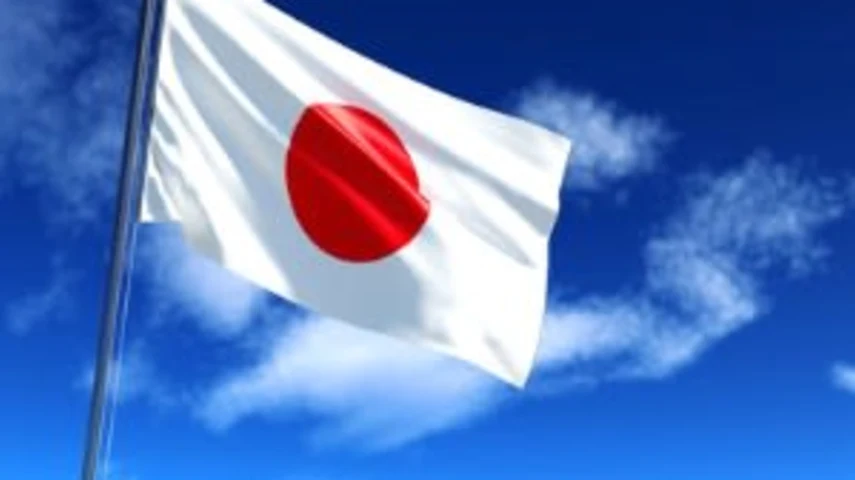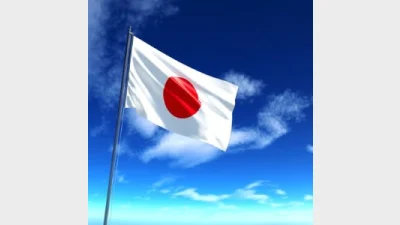ESG presents challenge for Asia-Pacific investments



Bell Asset Management has highlighted how difficult it can be to find a company in Asia-Pacific that meets its environmental, social and governance (ESG) standards.
The firm ran a Global Emerging Companies fund but it had just 1.7% allocated to the Asia-Pacific region compared to 29% in Europe and 63.7% in the United States.
It held no companies in Japan, which represented a 10.5% underweight, although this had actually benefitted the fund recently due to Japan’s poor performance. The average ESG rating of Japanese companies was BBB which below the MSCI World Index rating of A.
In a webinar, Ned Bell, chief investment officer, said: “We don’t have much exposure in Asia Pacific, there is not much of the right quality for us. Lots of the companies we see in that region are way behind in ESG.
“They have got better, Europe is the gold standard and US companies are catching up but in Japan especially, they are not great, there is still a way to go for ESG of companies in the smaller universe.”
According to McKinsey, smaller companies in Japan “lag behind” on all three elements of ESG. To improve, the organisation said, they needed to focus on their energy consumption and decarbonisation, on gender diversity and societal impact and lastly, on corporate governance and cross-holdings.
Speaking to Money Management, Bell added: “The ESG disclosure levels of Japanese companies are lacking, there is only a handful of AAA-rated Japanese companies which is somewhat disappointing. As far as emerging Asia is concerned, there are many more problematic companies with controversies that cover a range of ESG issues and governance more generally has been somewhat problematic.
“Companies need to be much more proactive about engaging with investors and research houses on ESG. We would also like to see more comprehensive sustainability reports and a willingness to align themselves with the UN Sustainable Development Goals.”
The Bell Global Emerging Companies fund had returned 29.7% over one year to 30 June, according to FE Analytics, versus returns of 41.2% by30 the sector.
Recommended for you
Perpetual has appointed a new CEO for affiliate J O Hambro Capital Management, as it tries to stem outflows and refresh the brand.
Outflows of US$1.4 billion from its US equity funds have contributed to GQG Partners reporting its highest monthly outflows for 2025 in August.
Domestic equity managers are lagging the ASX 200 in the first half of the year, according to S&P, with almost three-quarters of Australian equity funds underperforming over the six-month period.
ETFs saw almost $5 billion of inflows during August, with international equities gaining double those of fixed income funds, as total assets close in on $300 billion.














